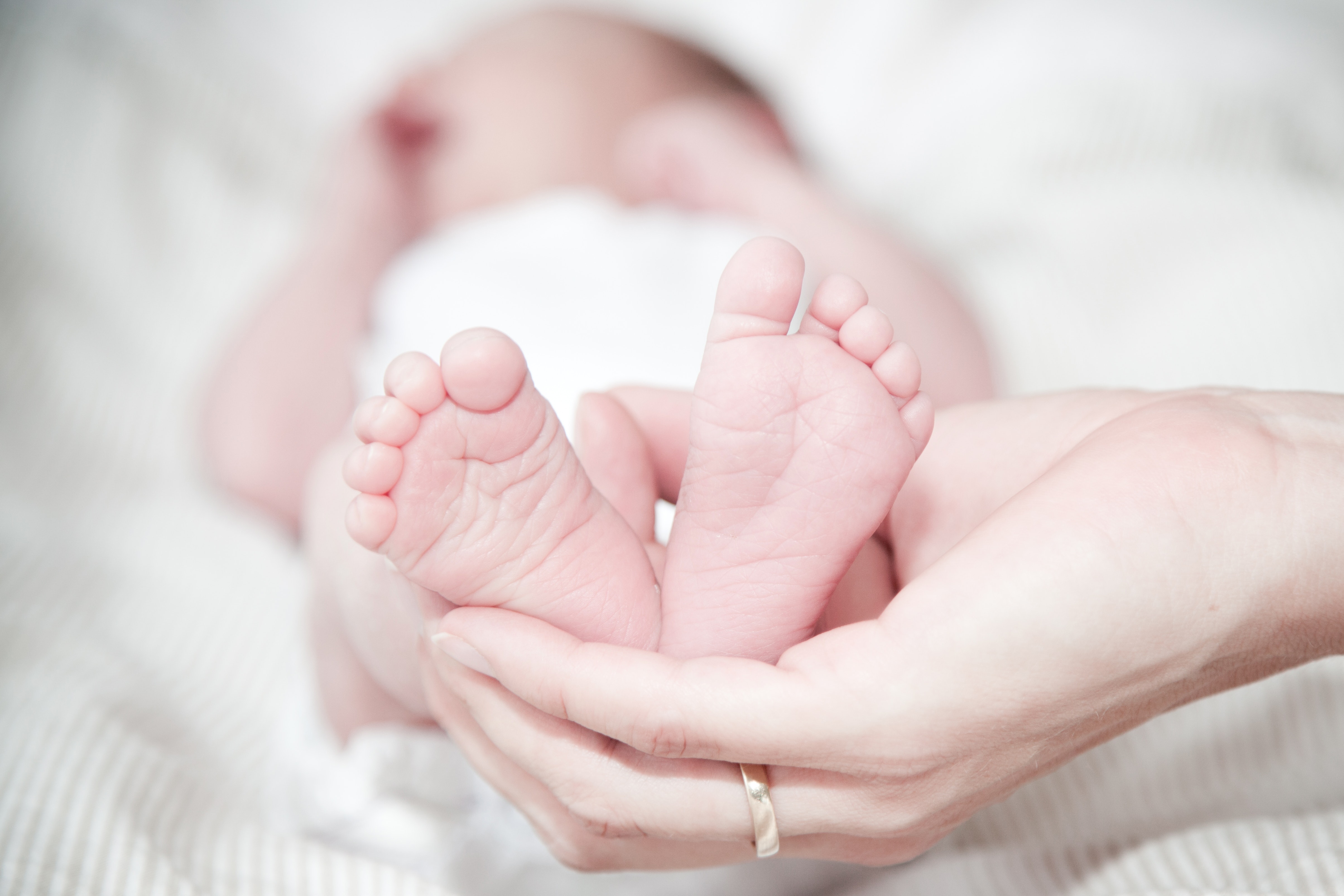Postpartum Depression (PPD) is a serious medical condition that affects women after childbirth. According to the Centers for Disease Control, PPD affects 1 in 9 women in the United States and can last up to a year after a woman gives birth. Sadly, up to 50% of women with PPD go undiagnosed, sometimes with devastating consequences like maternal suicide. Postpartum Depression disrupts a mother’s ability to take care of herself, her new baby, and her family.
5 facts to know about Postpartum Depression:
1) Postpartum Depression is different from the “baby blues”
Affecting almost 80% of moms, the term “baby blues” describes an array of emotions that new moms may experience following the birth of a child including fatigue, worry, insomnia, mood swings and irritability, and overwhelmed feelings. Having a new baby is simultaneously one of the most wonderful and exhausting experiences a woman can go through. Your beautiful new baby comes with no instructions and require a lot of attention with their demanding feeding schedules (especially if you are breastfeeding), frequent diaper changes, and erratic sleep. Add to that your own hormonal fluctuations, attempts to balance work and family expectations, other children to care for, and a significant other and your sanity starts to unravel. Baby blues, however, typically resolves in 1 – 2 weeks on its own and the symptoms are milder in comparison to PPD.
2) Causes of Postpartum Depression
There is no one cause for Postpartum Depression, but rather PPD develops in the context of multiple factors both emotional and physical. Levels of estrogen and progesterone rapidly decrease after childbirth which can lead to mood swings. A woman’s body also needs time to recover from the grueling process that is childbirth. Newborns, while utterly adorable, are not known for their generosity. Instead, they are demanding, pint-sized individuals with very real needs that parents must meet.
3) Symptoms of PPD
Symptoms of Postpartum Depression often began within a week to one month after a woman gives birth. These symptoms include: sad mood, anger and irritability, crying spells, excessive worry, sleep disturbances (too much or too little sleep), difficulty concentrating or trouble making decisions, frequent body aches and pains, changes in appetite, isolation from friends and family, difficulty bonding with her baby, recurrent doubt fueled by the belief that she is unable to care for her baby, and thoughts of harming herself and/or her baby.
4) Risk factors for PPD
Some women are more likely to develop postpartum depression than others. These risk factors include: history of depression associated with a previous pregnancy; lifetime history of a mood disorder (Major Depressive Disorder or Bipolar Disorder); pregnancy complications such as an early delivery or having a baby with medical problems; lack of social support from significant other, family, or friends; maternal substance abuse; ambivalent feelings about the pregnancy; and psychosocial stressors during pregnancy such as job loss, financial limitations, involved in an abusive relationship, and maternal illness.
4) Healthcare providers often miss postpartum depression
As mentioned earlier, up to 50% of women with postpartum depression are undiagnosed which means many women do not recognize their symptoms as a problem or they intentionally fail to disclose their symptoms secondary to guilty feelings and fears that they are bad moms. Ignoring symptoms does not lead to resolution of those symptoms. The Edinburgh Postnatal Depression Scale (EPDS) is a screening tool designed to help health care providers more readily identify moms with postpartum depression. Both the American College of Obstetrics and Gynecology and the American Academy of Pediatrics recommend that physicians screen new moms for postpartum depression.
Moms, if you think you may be experiencing any of the symptoms of PPD described above, please check out the EPDS and share your results with your healthcare provider.
5) Help is available
Postpartum depression can affect any new mom, irrespective of age, socioeconomic status, and pregnancy history. Postpartum depression DOES NOT mean you are bad mom. You are not a failure. Parenting is hard work! So, moms, if you are struggling with mood changes, anger and irritability, feelings of failure and guilt, and especially thoughts of harming yourself or your baby, please get help. Don’t let shame keep you from getting the help you need.
Tell a friend, let your doctor know or discuss your concerns with your child’s physician, ask for a referral to a therapist and/or a psychiatrist, and consider medication when symptoms are severe. Other strategies include: exercise; join a support group for moms; get adequate rest as often as you can; solicit help from your significant other, family, or friends to help you take care of the baby and other responsibilities like cooking dinner, helping with laundry, or caring for other children; and, shift your focus to the essential tasks.
Resources
National Suicide Prevention Lifeline
1-800-273-TALK (8255)
National Institute of Mental Health

